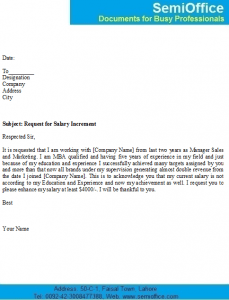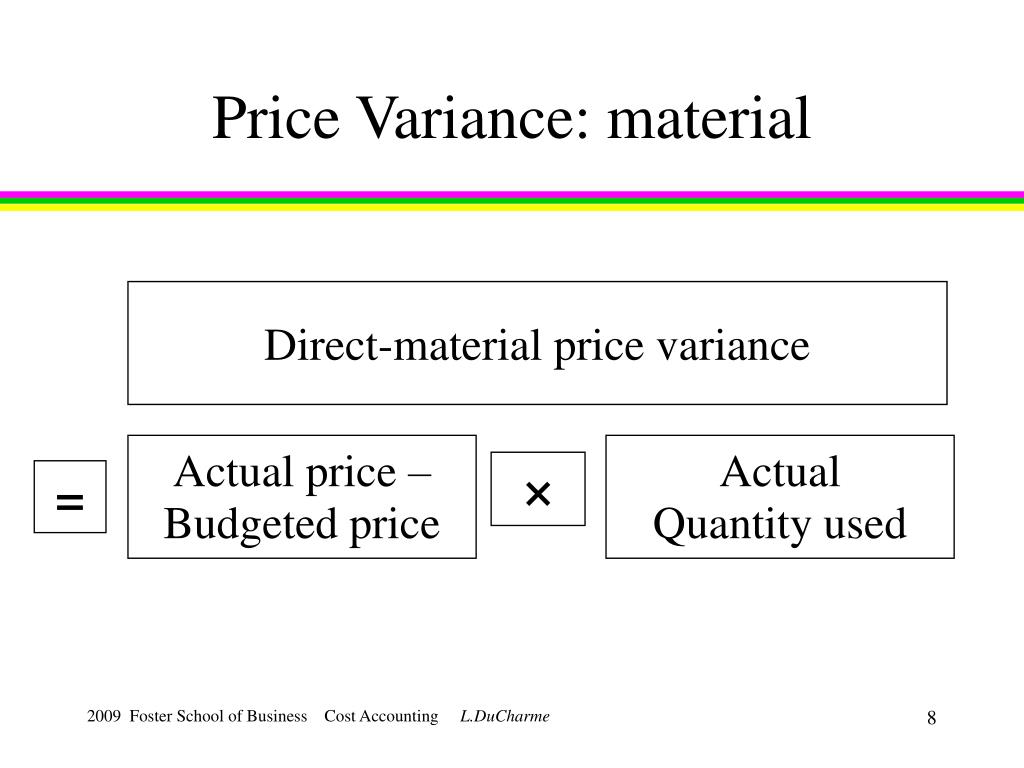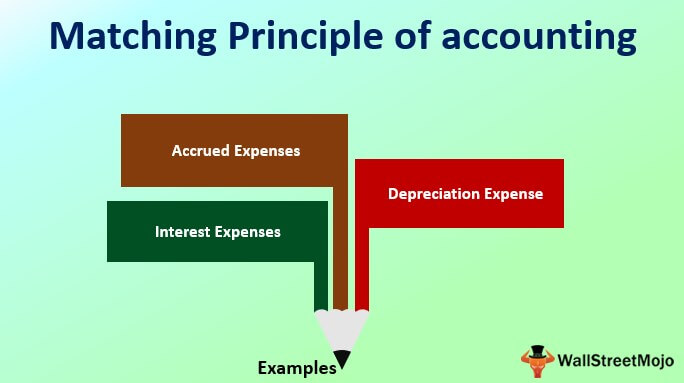
Accounts receivable (AR) and accounts payable (AP) are essential accounting functions for any business. They ensure the timely collection of payments from your customers for products or services sold (AR), and management of the money you owe to vendors (AP). When you outsource, you can leverage the expertise and experience of firms who are already established in those markets. This ensures that your tax and legal obligations are being handled by local accountants who understand local tax laws and regulations, and who are sufficiently qualified. It’s up to you to determine whether your business can afford an in-house bookkeeper.
QuickBooks Live: Best for QuickBooks users
That means you won’t get to spend as much face-to-face time with your accountant as you would if they were your employee. If you’re bringing in an outsourced controller to help manage your existing team, it’s necessary to carefully consider what this relationship will look like. If you’re the type of person who likes to shake someone’s hand and look them in the eye, the remote nature of outsourced accounting may require some adjustment. In doing that, your outsourced accounting firm will work closely with you to develop an approach that works for your business.
This could be anything from a partial refund for a late delivery, to termination of the contract in more extreme cases. Once you’ve established what you want to outsource, the next next step is to identify who you’re going to outsource it to. If you’d like to outsource some or all of your accounting obligations, here’s how to get started.
Want to kick off your small-business accounting with a solid accounting software service? Enter some basic information about your current accounting needs and we’ll send you up to five customized quotes. It can be difficult to understand the benefits of partnering with an outsourced CFO before starting to work with one. Many times, businesses have all kinds of hidden opportunities hidden in their internal systems and accounts.

Top accounting software comparison
When it’s time to pay taxes, an 10 tips for creating budgets at nonprofit organizations online bookkeeping service can offer you a year-end financial package. This will include all the financial statements the accountant needs to file the small business tax return. First, you’ll contract with the company and pay them a fixed monthly fee for their services. Then the outsourced bookkeeping firm will work with your business to understand your needs and goals. Next, they’ll provide a report detailing your financial performance every month or quarter.
- Having somebody outside of your company who is managing bookkeeping and financial records can take a huge chunk of time off your plate.
- What Microsoft Office is to the productivity space, QuickBooks is to the financial sector.
- But Merritt Bookkeeping’s most stand-out feature might be its in-depth financial reports.
- For small businesses that already need to cover both functions, this can make a big difference in overhead costs.
Best Outsourced Bookkeeping Firms for 2024
You even get access to our tax professionals, who can advise you on minimizing your tax bill. Yes, virtual and outsourced bookkeeping is just as legitimate as in-house bookkeeping and accounting. However, as with any in-person accounting professionals you’d trust with your financial data, you should always verify a bookkeeping firm’s credentials before committing to a monthly plan. And on the accounting software front, Bookkeeper360 syncs with both Xero and QuickBooks Online. Of all the outsourced accounting services, an outsourced CFO service is by far the most customizable.
Directly engage with potential providers and request a meeting to discuss your needs. Compare your options and choose a provider that meets your requirements and, of course, your budget. That’s why many businesses — from fledgeling startups to multinational enterprises — opt to outsource instead. Typically, there are a few signs that it’s time to leave the DIY behind and bring on a professional.
Step 1 – Prepare the Business for Outsourcing
Whereas outsourced bookkeeping and outsourced controller work largely follow a predefined framework, an outsourced CFO relationship can be anything you want it to be. Today, the average salary for a bookkeeper in the U.S. is $45,160, the average controller earns $104,338, and the median CFO salary is $393,377. By comparison, outsourced accounting services typically cost a fraction of these rates and deliver better results. Once the system is up and running, it’s essential to allow the new bookkeeper to do their job. Don’t worry about financial reporting, payroll taxes, accounting tasks, or offline vs. online bookkeeping. You have made your choice, and now it’s time what is a lifo liquidation to enjoy having a dedicated account manager and bookkeeper do the job for you.
Many business owners hire full-time in-house bookkeepers, but this isn’t the most cost-effective solution. You’ll have to verify the details with your chosen outsourced bookkeeping service. It’s worth asking questions upfront to ensure you are aligned on expectations what is a w9 used for of their offerings before signing up.














